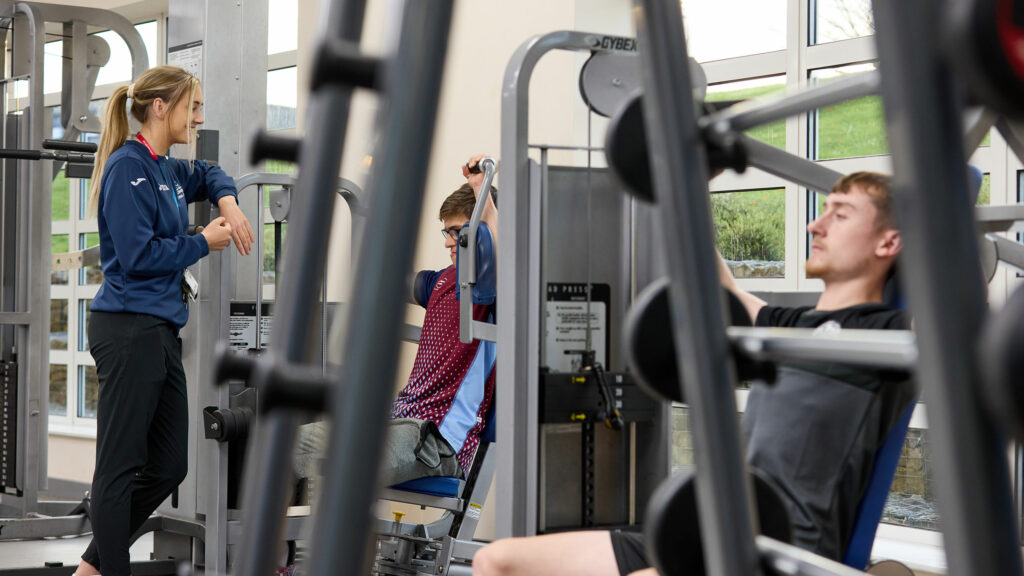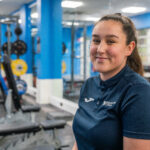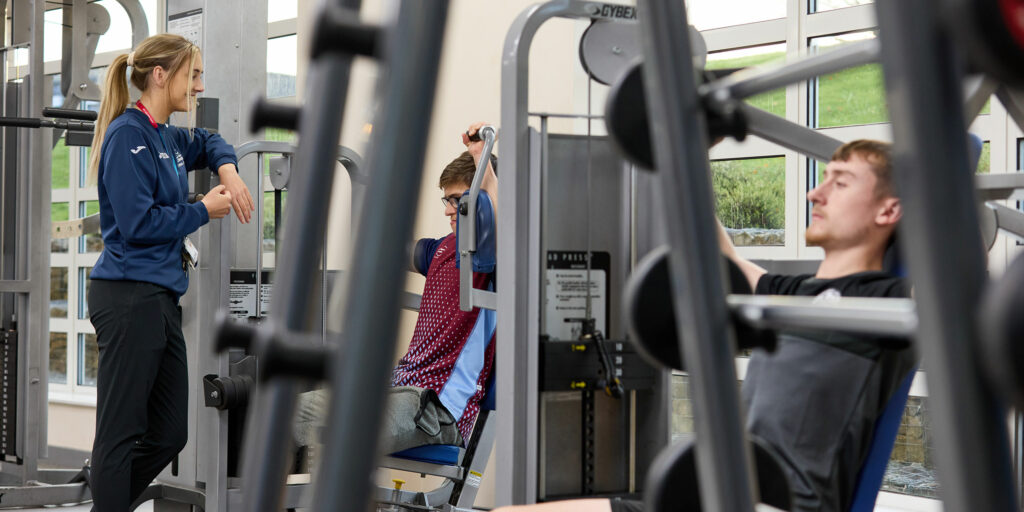Higher education (HE) in sport offers a comprehensive approach to understanding the physical, psychological, and social aspects of athletic performance and physical activity.
Degree programmes such as sports science, sports management, physical education, and coaching combine theoretical learning with practical experience to provide a well-rounded education. Students explore key subjects including anatomy, physiology, biomechanics, nutrition, and sports psychology, giving them a deep insight into how the human body performs and how to enhance athletic ability through training, recovery, and strategy.
Universities also play a critical role in the development of professional and elite sport by offering access to state-of-the-art facilities, research opportunities, and industry partnerships. Many institutions work closely with sports clubs, governing bodies, and health organisations to provide students with real-world experience and networking opportunities.
This connection between academic study and professional sport helps bridge the gap between theory and practice, allowing students to apply their knowledge in competitive and community settings. It also fosters innovation in areas like injury prevention, performance analysis, and inclusive sport.
Take a look at the courses we offer below
More information about sport
Higher education in sport encourages the development of transferable skills such as leadership, communication, teamwork, and critical thinking, which are highly valued both within and outside of the sporting world. Students often participate in placements, internships, and volunteer opportunities that strengthen their professional profiles.
Whether aiming to become a coach, analyst, physiotherapist, or manager, higher education equips students with the skills and confidence to pursue a variety of pathways within the sporting industry.
Future careers in sport with HE qualifications
Careers in sport are wide-ranging and can include roles such as sports coach, fitness instructor, physiotherapist, performance analyst, sports psychologist, or sports development officer.
Others may choose careers in sports media, event management, or education as physical education teachers. With further study, graduates can specialise in elite athlete support, sports therapy, or even enter research and academia.
The growing importance of health, wellbeing, and performance in society ensures that the sport sector continues to offer diverse and rewarding career opportunities.








